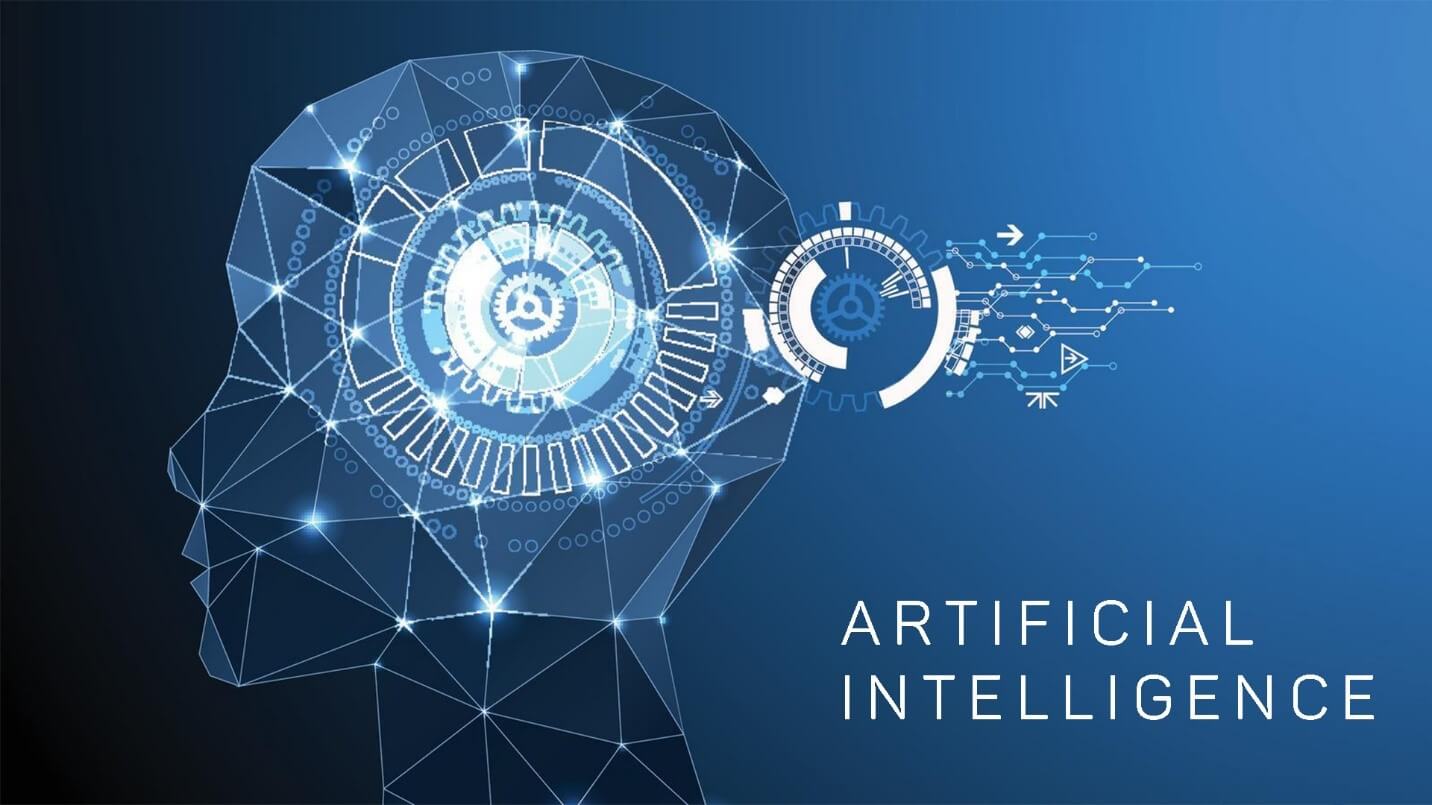The insight of artificial intelligence has changed over the past decade. Most trades now have promising outlooks toward Artificial Intelligence in the place of work. Description Science reports that 85% of tech leaders have faith in that it will create more jobs and improve worker productivity. Furthermore, Banks predicts that by 2030, but regardless of the positive effects of Artificial Intelligence, workers are still concerned. History has taught us that the development of new technology always means a change in job trends.
A review of administrators revealed that 44% of them have faith in that automated communication is the most significant advantage of Artificial Intelligence. This knowledge may be acquainted with most individuals in the form of Artificial Conversational Entity like Apple’s Siri and Google Now. In customer service, Artificial Conversational Entity is used to analyze clients’ questions and formulate customized responses by searching an information base. They can effortlessly handle a dam of queries, which, in turn, upsurges customer satisfaction. Artificial Conversational Entity function through a procedure called ‘deep learning,’ which is a type of machine learning that “includes feeding a computer system a lot of data, which it can then use to make choices about other data.”
The mechanism will build a net with layers of info that get ‘deeper’ over the period as it acquires new answers. It permits it to yield faster and more precise results every time it confronted with a comparable problem. Deep learning is perilous in automation. Artificial Intelligence can learn to achieve more specialized work like medical diagnosis, legal guidance, and stock exchange, and then proximately relay answers to customers. Furthermore, an Artificial Conversational Entity can help me accomplish day-to-day tasks like e-mailing or Googling, so I can focus on more important aspects of my job.
It is vital to think of Artificial Intelligence as a traitor rather than a contender at work. For example, I can be in a free-associating meeting with Artificial Intelligence software in the room that can offer evidence and ideas from external sources. It will enable my team to make more informed decisions.
Similarly, an Artificial Intelligence technique called natural language processing used in the legal effort to test documents that might apply to a case. Implementing the technology would cut the number of hours spend by attorneys on monotonous tasks. As a result, they can in its place focus on counseling customers, resolving disputes, and discussing deals in court based on the information created by the machine. So while Artificial Intelligence made their job easier, their human expertise is still crucial in their line of work.
In an Artificial Intelligence-driven future, the help that will be esteemed are those even the most intelligent computer is still a long way off from being able to duplicate. Thus: policymaking skills, individual’s skills, artistic thinking, and integrities will all remain perilous. As influential as a computer can be in composite processing information, it is still incomplete by the data it fed.
 EN
+1 669-231-8743
EN
+1 669-231-8743
